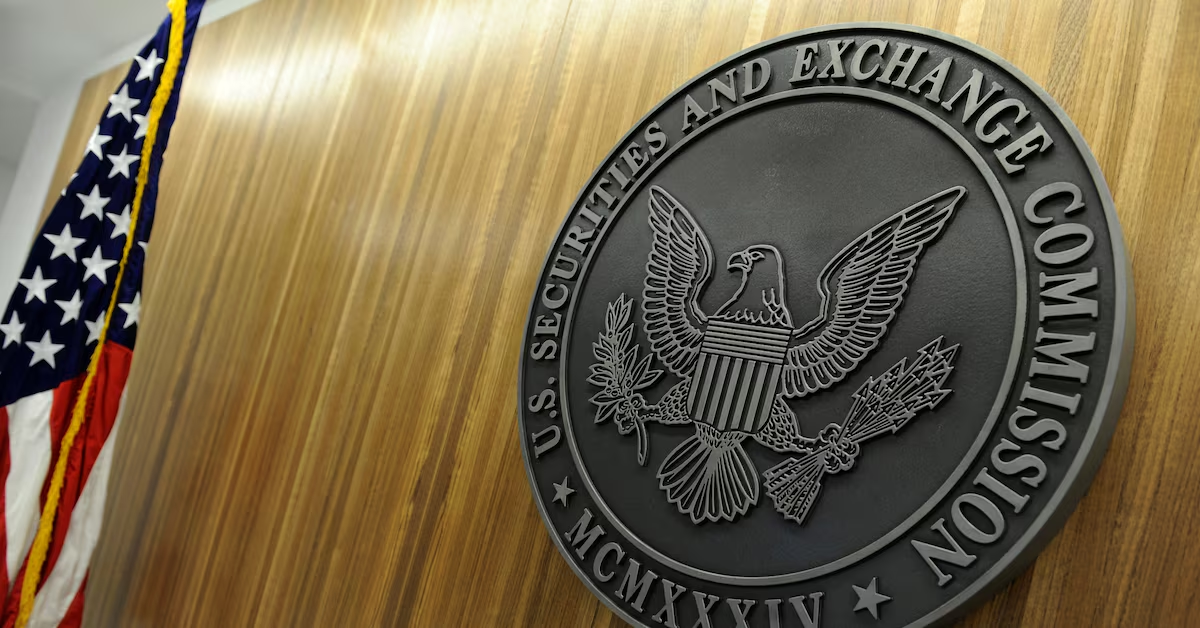As we delve into the ever-evolving world of digital currencies, it’s crucial to stay on top of the shifts and turns this innovative industry takes. When it comes to cryptocurrency regulation, the United States Securities and Exchange Commission (SEC) is playing a significant role. The SEC has recently announced a new initiative to drive crypto adoption and regulation – a series of public roundtables scheduled over the coming months. With this move, they aim to foster transparency and understanding around vital issues within the crypto sphere, ranging from trading and asset custody to DeFi and tokenization.
SEC Campaigns for Crypto Adoption and Regulation via Public Roundtables
The SEC’s official announcement on March 25th revealed its plans to host four public roundtables in an effort to address key regulatory challenges in the crypto industry. This initiative is part of the SEC’s broader mission to establish clear, transparent rules for the rapidly evolving crypto sphere. With the launch of the SEC Crypto Task Force in January, the goal is to consider the interests of all stakeholders while promoting continual innovation within the industry.
Broad Range of Topics for Discussion in Upcoming Roundtables
These planned roundtables contribute to a series of meetings and dialogues facilitated by the task force. The first meeting, scheduled for April 11th, will delve into regulations surrounding cryptocurrency trading. The discussions will pivot to custody and custodian-related issues on April 25th. Tokenization will take center stage on May 12th, while DeFi will be in the spotlight on June 6th.
The roundtables will be held at the SEC’s headquarters in Washington, D.C. and are open to the public. Crypto enthusiasts and analysts can tune in via a live stream or attend in person by registering online.
Impact of Roundtables on Future Crypto Policies
Hester Peirce, SEC Commissioner and head of the Crypto Task Force, champions the cause of sensible regulation. She believes these roundtables could play a pivotal role in shaping future policies and regulations related to cryptocurrencies. Peirce anticipates that the lively discourses, expert insights, and proposed solutions will be instrumental in steering the Commission’s decisions. The task force’s official website will provide updates on speakers and the agenda as they become available.
Zoning in on the SEC’s Crypto Task Force
Acting SEC Chairman Mark Uyeda launched the SEC task force on January 21st. The primary objective is to draft comprehensible regulatory frameworks for cryptocurrencies, outline practical steps towards registration and disclosure, and strategize the judicious use of enforcement resources. The task force is currently assessing whether certain digital assets should be classified as securities and how these assets comply with existing regulations. Holistically, the task force’s mission is to foster a regulatory landscape that supports the growth and evolution of the cryptocurrency industry.
FAQs
What is the role of the SEC in cryptocurrency regulation?
The SEC aims to create a balanced and transparent regulatory framework for the cryptocurrency industry. It seeks to protect investors, maintain fair, orderly, and efficient markets, and facilitate capital formation.
What do the SEC’s planned roundtables entail?
The SEC’s roundtables are public forums where key issues related to cryptocurrency regulation are discussed. Topics include trading, asset custody, DeFi, and tokenization.
How does the SEC’s Crypto Task Force contribute to cryptocurrency regulation?
The Crypto Task Force’s primary role is to develop clear regulatory guidelines for cryptocurrencies, outline realistic steps for registration and disclosure, and make strategic use of enforcement resources.
Our editorial process at [Your Site Name] ensures the delivery of thoroughly researched, accurate, and unbiased content. We uphold strict sourcing standards and each page undergoes a diligent review by our team of top technology experts and seasoned editors. This process guarantees the integrity, relevance, and value of our content to our readers.

